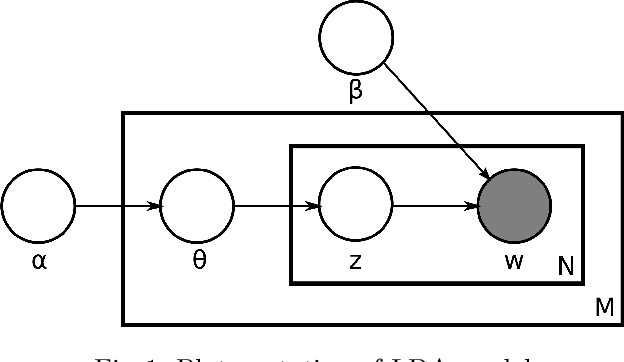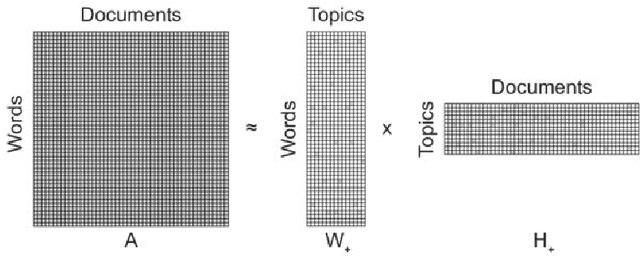Women in ISIS Propaganda: A Natural Language Processing Analysis of Topics and Emotions in a Comparison with Mainstream Religious Group
Paper and Code
Dec 09, 2019



Online propaganda is central to the recruitment strategies of extremist groups and in recent years these efforts have increasingly extended to women. To investigate ISIS' approach to targeting women in their online propaganda and uncover implications for counterterrorism, we rely on text mining and natural language processing (NLP). Specifically, we extract articles published in Dabiq and Rumiyah (ISIS's online English language publications) to identify prominent topics. To identify similarities or differences between these texts and those produced by non-violent religious groups, we extend the analysis to articles from a Catholic forum dedicated to women. We also perform an emotional analysis of both of these resources to better understand the emotional components of propaganda. We rely on Depechemood (a lexical-base emotion analysis method) to detect emotions most likely to be evoked in readers of these materials. The findings indicate that the emotional appeal of ISIS and Catholic materials are similar
 Add to Chrome
Add to Chrome Add to Firefox
Add to Firefox Add to Edge
Add to Edge